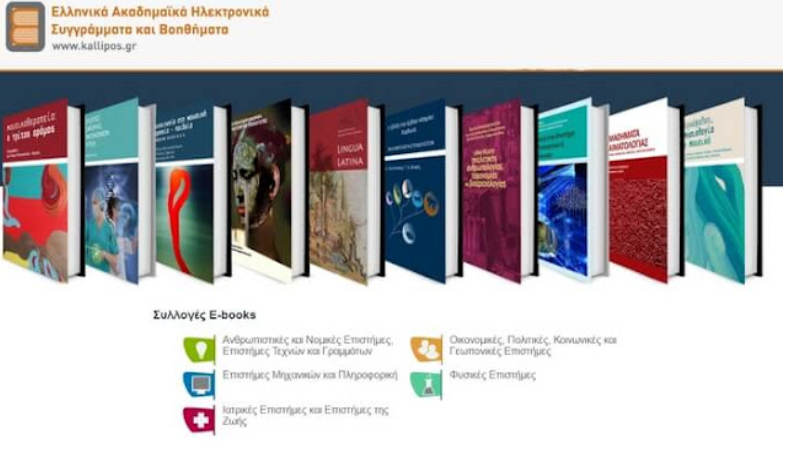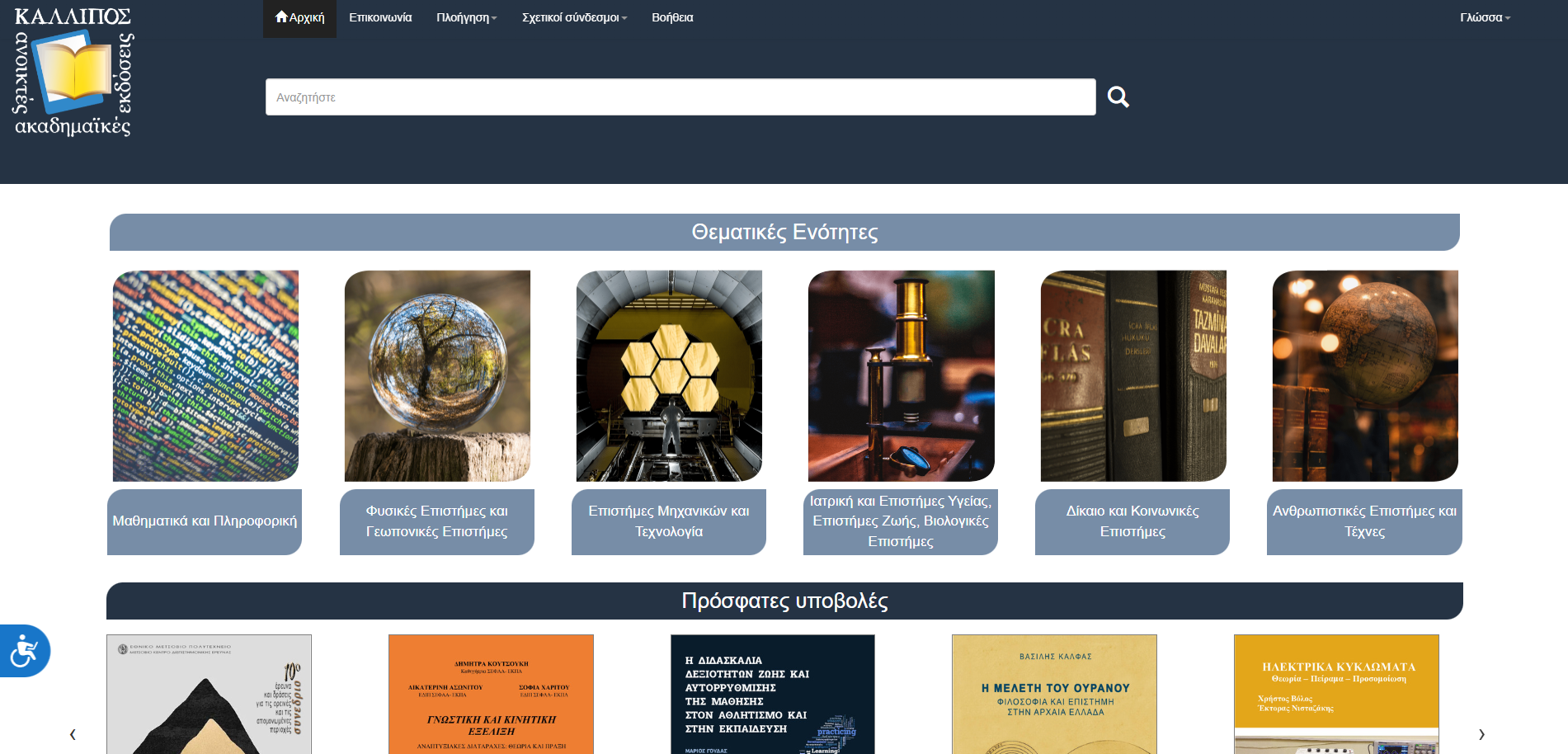You can submit a Proposal within the context of Open Calls.
The KALLIPOS Initiative
The KALLIPOS initiative aims at developing electronic textbooks (mainly, but not only, for students and Professors of Greek Universities) and making them freely available with open licenses through the KALLIPOS digital Repository (https://repository.kallipos.en/)
The project is implemented by the NTUA Research Committee, in collaboration with the Hellenic Academic Libraries Link (Heal-Link) – NTUA Branch. These two organizations hold the Copyright of the produced works.
Project workflow
After a Proposal's approval, you can sign a Contract and start writing.
The final stage is that of Editing of the manuscript (linguistic as well as technical), preceded by the final Upload of the manuscript to the Repository. Click on the following link to view the complete Flowchart(.png) of the workflow.
Project Timeline

The start of an ambitious Initiative that aims at introducing e-books to Universities in Greece.
Funding: ΕΣΠΑ 2007-2013, ΕΠ ΕκΔιΒιΜ
Budget: ~ 8Μ€
Implementing Institution: ELKE NTUA
Operating Institution: HEAL-LINK

Production of 520 books in total
Engineering & Informatics (164 books): 32%
Social & Economic Sc. (92 books): 18%
Math, Physics, Chemistry (89 books): 17%
Humanites (89 books): 17%
Medicine & Life Sc. (82 books): 16%

Funding: ΠΔΕ ΥΠΑΙΘ
Budget: ~ 10Μ€
Implementing Institution: ELKE NTUA
Operating institution: HEAL-LINK
Publication: KALLIPOS, Open Academic Editions

Production of up to 700 books in total.
Humanities and Arts (198 books): 28%
Law & Social Sc. (129 books): 19%
Engineering & Technology (114 books): 16%
Mathematics & Computer Sc. (95 books): 14%
Natural Sc. & Agriculture (88 books): 13%
Medicine & Life Sc. (71 books): 10%
